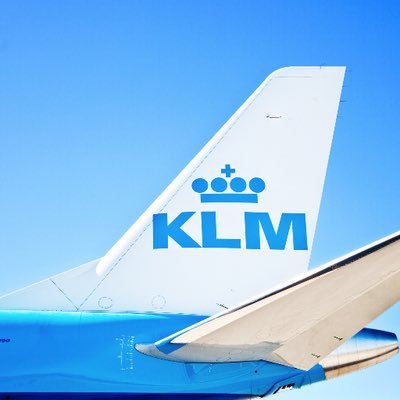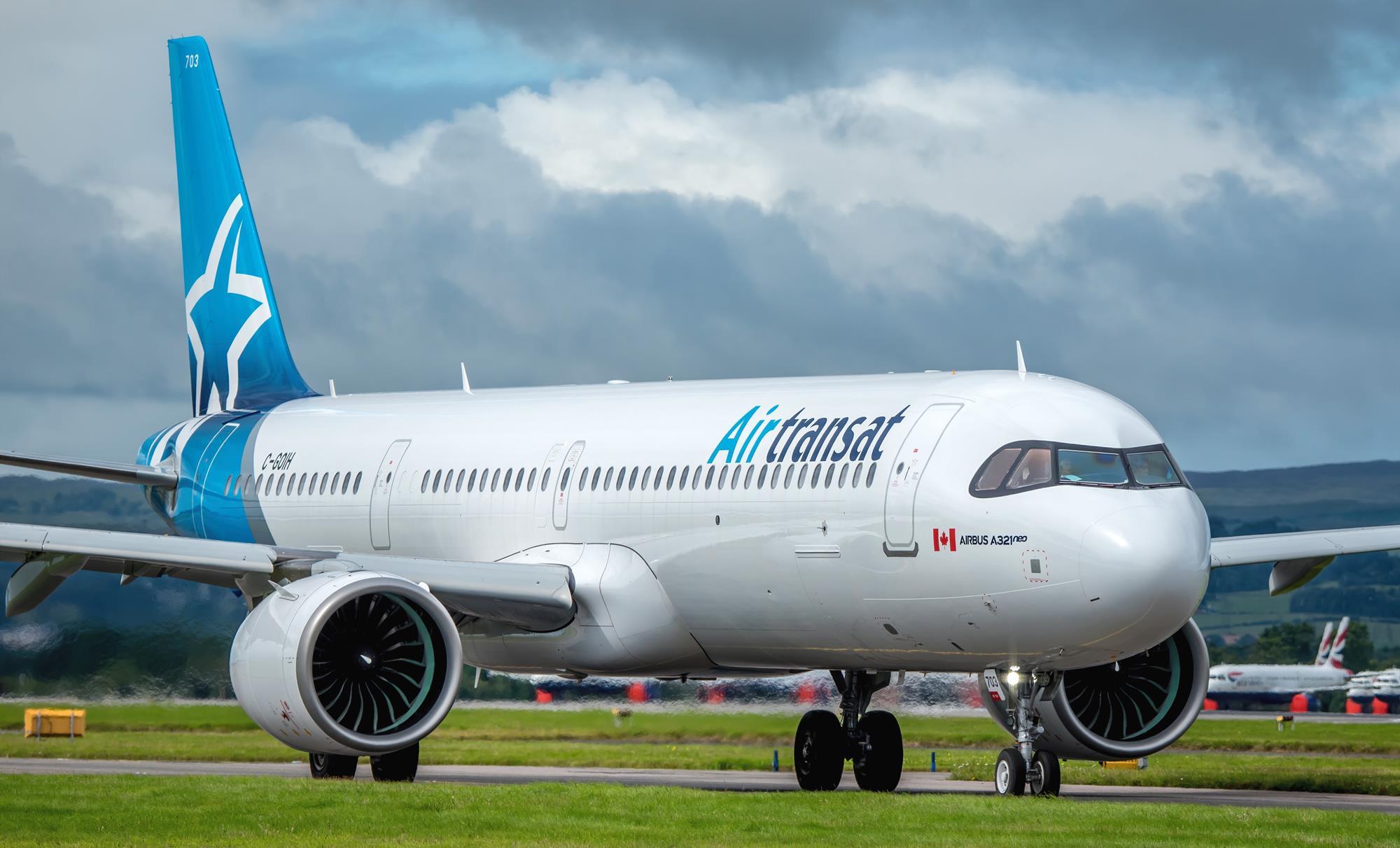
The Challenge of Pilot Shortage
As global demand for air travel surges in the post-pandemic era, airlines are grappling with the consequences of a significant shortage of qualified pilots. One of the carriers taking proactive measures to address this issue is the Dutch airline, KLM Royal Dutch Airlines. The shortage, which intensifies during the bustling summer months, poses a challenge that KLM is determined to overcome.
Strategic Recruitment and Training Initiatives
Expansion of Recruitment Efforts
KLM is expanding its recruitment strategies to attract a new generation of pilots. By engaging with aviation schools and participating in global job fairs, the airline aims to build a diverse and skilled workforce. Collaborations with top aviation academies are being established to streamline the recruitment process and ensure a continuous influx of new talent.
Revamping Pilot Training Programs
Recognizing the necessity of bridging the skills gap, KLM is investing in comprehensive training programs. The airline has upgraded its simulator training facilities, enhancing the quality of pilot training and reducing the time needed for new pilot onboarding. By leveraging state-of-the-art technology, KLM is ensuring pilots meet the highest safety standards while gaining practical experience.
Incentives and Work-Life Balance
Attractive Compensation Packages
To attract and retain top talent, KLM is offering competitive compensation and benefits packages. The airline has restructured its salary tiers, offering bonuses and other incentives to pilots committed to staying with the company long-term. These incentives aim to make KLM a desirable employer in the competitive airline industry.
Commitment to Work-Life Balance
Understanding the demanding nature of a pilot’s career, KLM is doubling down on efforts to promote a healthy work-life balance. By optimizing scheduling practices and increasing staffing levels, the airline is working to reduce instances of pilot fatigue and burnout. This approach not only enhances job satisfaction but also improves overall operational efficiency.
Collaborative Industry Efforts
KLM is also collaborating with other European airlines and industry stakeholders to address the broader pilot shortage issue. By participating in industry forums and sharing best practices, the airline is contributing to a collective effort to develop sustainable solutions. This includes advocating for regulatory changes to expedite the pilot licensing process across Europe.
As KLM prepares for the busy summer season, these measures are expected to mitigate the impacts of the pilot shortage crisis. By investing in recruitment, training, and employee well-being, the airline is positioning itself to maintain operational stability while delivering exceptional service to its passengers.
Scudrunners.com



